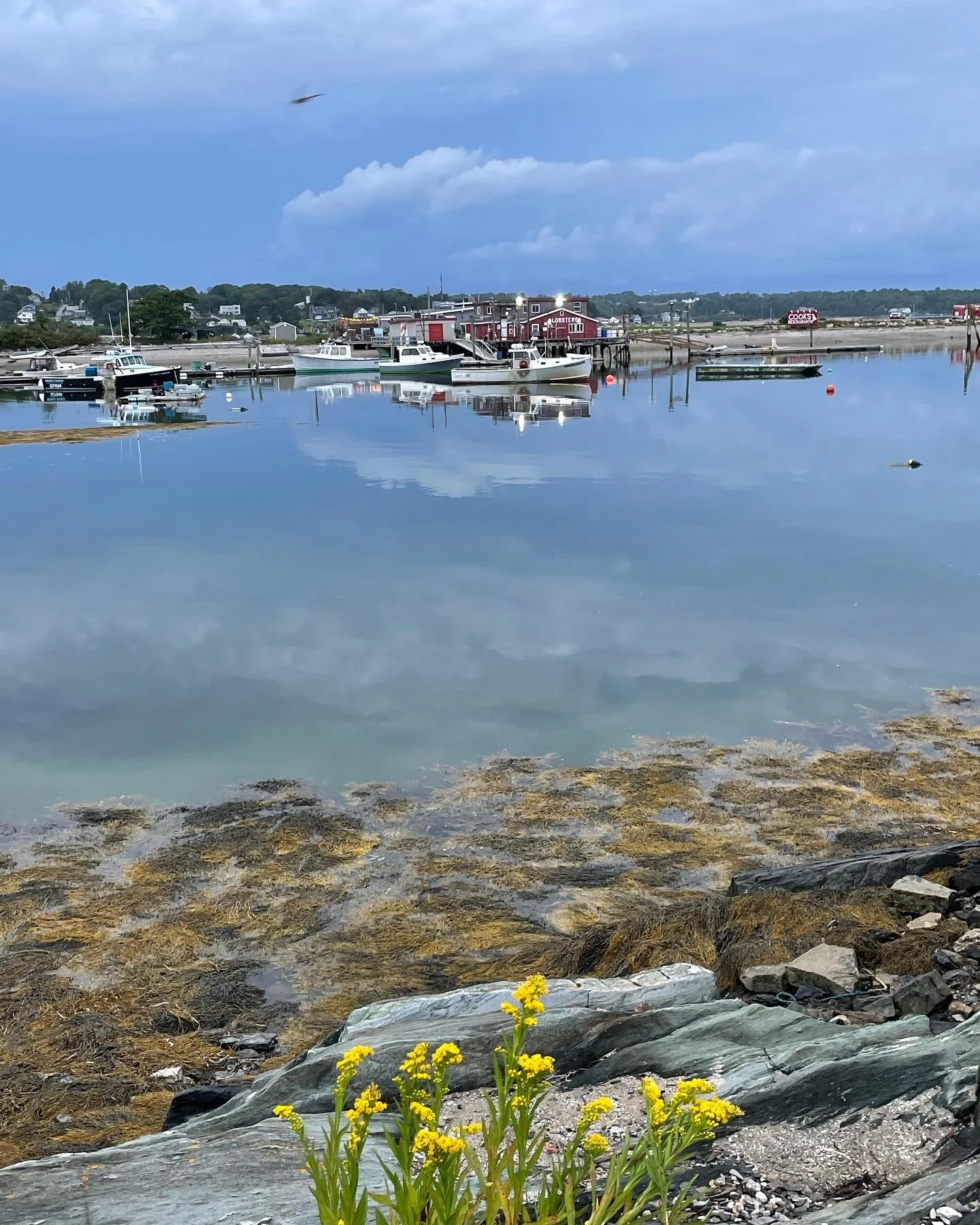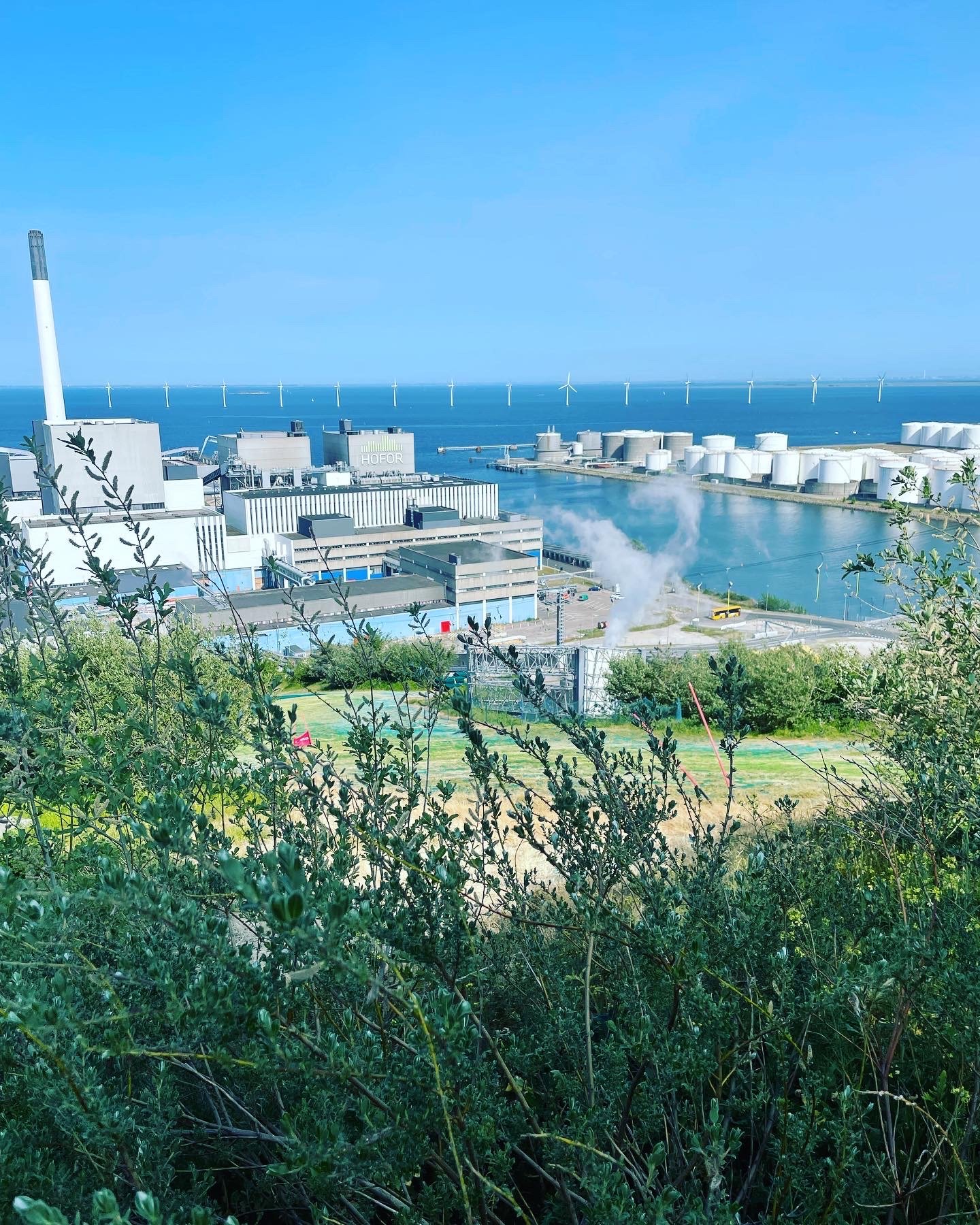
Research and resources for the social dimensions of decarbonization
Who benefits from the energy transition — and who bears the risks, harms, and costs?
Our social science research team is learning about what people in different regions of the United States think about the feasibility, benefits, and risks of new climate and energy technologies.
What kinds of technologies and policies are we studying?
Many countries, states, and cities have framed their climate goals in terms of reaching net zero.
“Net zero” means cutting greenhouse gas emissions, and balancing any remaining emissions with carbon removals.
Over 100 countries have communicated net zero targets. To limit warming to 1.5°C — as countries agreed to strive for in the Paris Agreement — the world would collectively need to reach net-zero carbon emissions in the 2050s, or net-zero greenhouse gas emissions later this century.
Reaching net zero is going to remake landscapes and create new industries. It means changing our electricity systems to be powered by wind, solar, and other low-carbon sources. And it means changing how we move around, how buildings are designed, how factories are run, how we produce food, and more. Net zero will require cultural, behavioral, and institutional changes, too — but new technologies are a part of it.
Scientists are mapping out where new energy technologies and carbon removals could happen — but we have a lot to learn about the human geography of this transformation.
Right: Net zero CO2 emissions pathways, from the Intergovernmental Panel on Climate Change report (Figure 3.6). What this is showing is that to limit warming to safer levels (blue), net-zero carbon dioxide emissions are reached in mid-century.
Recent publications
Beyond impact assessment: an iterative model of social assessment for the climate transition
Environmental Research: Energy (2025)
Public concerns about solar geoengineering research in the United States
Communications Earth & Environment (2025)
Climate action demands massive changes in energy systems and land use, and there is growing demand for attention to the social impacts of this. Companies and policymakers have been leaning on the concept of social impact assessment (SIA) to address social considerations. However, current practice is not fit-for-purpose for the climate transition. Here, we outline a new model for iterative social assessment — one that works on multiple scales and across value chains to anticipate social impacts before they occur.
Solar geoengineering is receiving increased private research funding at a time of growing social media speculation about government weather control. Using interviews (N = 64), focus groups (N = 10), and a national survey (N = 3076), we explore initial impressions of the US public on solar geoengineering research, including views on research and beliefs that atmospheric modification to combat global warming is currently ongoing.
Our applied social science approach
Applied social science can help us define other climate-related policy and political goals that people care about— beyond net zero. It can also help us understand how people view technological shifts in the context of culture, behavior, and political action.
In our recent grant, we’ve been looking at questions specific to carbon removal and solar geoengineering technologies, putting them in the context of things that are more pressing issues for people: housing, clean water, infrastructure, energy, and more.
Our key questions are:
1) Regional assessment of feasibility of carbon removal: What technical, political, and social constraints do communities identify to scaling up carbon removal?
(2) Policy and benefit mapping: What policies do they see as having promise to address these limits? What benefits can they see, if any? Do they see a role for carbon removal technologies in a just transition?
(3) Vulnerability mapping: What communities are vulnerable to harms from particular applications of carbon removal? Where are there existing burdens, and when would carbon removal add to cumulative burdens?
(4) Interaction among climate response strategies: How do communities appraise solar radiation management? How do they assess its interaction with mitigation, adaptation, and carbon removal?
In the coming months, we will publish findings from this research.
What other resources are there on the social dimensions of the energy transition?
There’s a lot of good social science, policy writing, and reporting out there. Here are some resources that we recommend on getting to net zero and responding to climate change. In the coming months, we’ll be adding more to this knowledge base.

“What we’re doing is we move into the future. It’s just like the desire to be present and have the capacity to be present. Getting our youth growing up in these conversations to really be able to have livelihood in these topics that are so closely related to our Tribal values, and just not wanting to — I don't want to see history continue to repeat itself, where the poorest of the poor are the ones who are going to get dunked on, it's gonna be ‘Oh, my God, but it's for the good of us all’, you know, which happens all the time.
If the right people were in charge, and we had a big enough voice, I think we can have our cake and eat it too. I really do. We're smart enough, aren’t we? ”
— Interview participant, California
Sign up for research updates
Sign up to be the first to know about updates. This won’t be a flood of info in your inbox — we’ll just let you know when a new paper is published, or when there’s an event specific to the social science of decarbonization.



